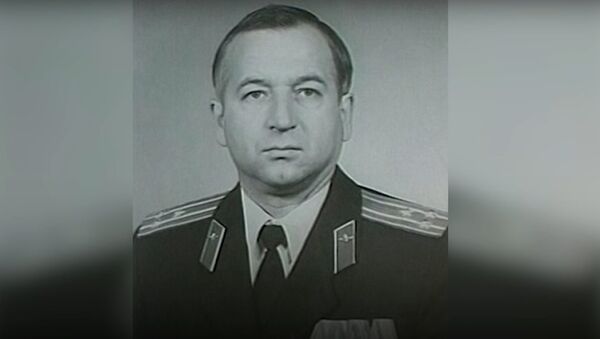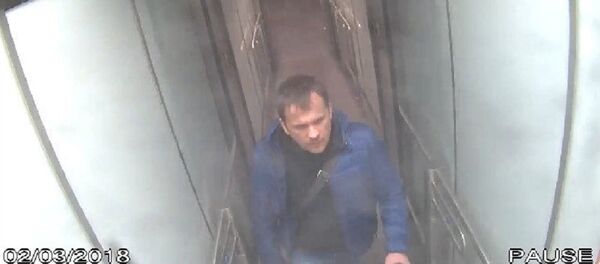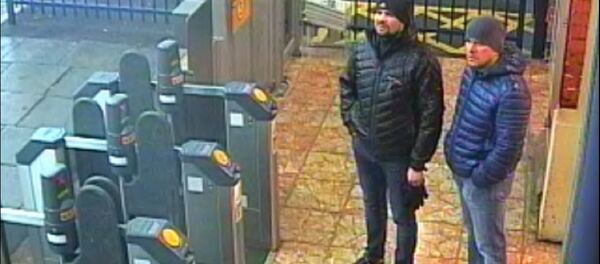Skripal worked for the intelligence services of four different alliance countries, Focus magazine reported, citing a source in NATO's Allied Command Counter Intelligence (ACCI).
According to the German publication, during this time, Skripal exposed several active Russian military intelligence (GRU) spies.
Furthermore, the magazine claims that in 2016, information provided by Skripal to Estonian security services enabled them uncover three "Russian spies," including an ethnic Russian officer in the Estonian army and his father.
It's also alleged that Skripal provided information to Spain's National Intelligence Center.
In the mid-1990s, while serving in the GRU, Sergei Skripal was recruited by British intelligence, and began passing the identities of hundreds of Russian intelligence agents from his crucial position as acting director of the GRU's personnel department. Retiring as a colonel in 1999, he took up a job as a civil servant in Moscow.
On March 4, 2018, Skripal and his daughter Yulia collapsed outside a shopping center in Salisbury. Police soon alleged that the pair were poisoned by the A234 nerve agent. London almost immediately blamed Moscow for the crime, leading to a diplomatic row culminating in the expulsion of dozens of diplomats from both countries. Moscow denied any involvement in the Skripal attack, having pardoned him eight years earlier, pointing to the British Defense Ministry lab's inability to trace the origin of the substance back to Russia. Moscow also pointed out that the Organization for the Prohibition of Chemical Weapons had overseen the destruction of the last of Russia's chemical weapons stocks in 2017.
Both Skripal and his daughter recovered enough to be released from hospital in April and May, and were taken to a secure location. Sergei has not appeared in public since the poisoning.




